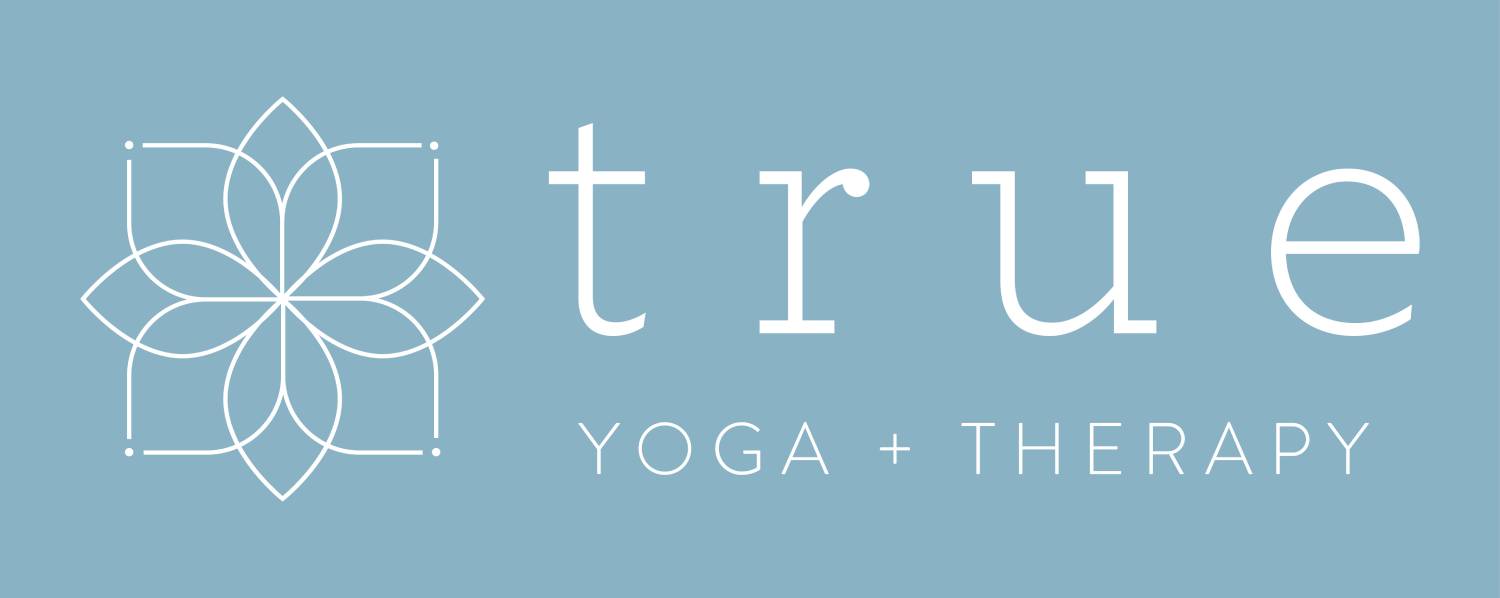Addiction recovery is a complex and challenging process. It often requires a combination of medical treatment, behavioral therapy and lifestyle changes to achieve long-term sobriety. While traditional forms of therapy can be effective, many individuals in recovery are turning to a more mindful approach to therapy.
At True Yoga Therapy, we believe that a mindful approach to therapy can be an invaluable tool for individuals in addiction recovery. By using mindfulness techniques, individuals can learn to manage their emotions, cope with stress and build a stronger mind-body connection.
What is Mindfulness?
Mindfulness is a technique that involves paying attention to the present moment in a non-judgmental way. It is a way of observing your thoughts and feelings without getting caught up in them. Mindfulness can be practiced through meditation, deep breathing and other relaxation techniques.
How Does Mindfulness Help with Addiction Recovery?
Mindfulness can be a powerful tool for individuals in addiction recovery. Here are some of the ways it can help:
Emotional Regulation: Many individuals in addiction recovery struggle with emotional regulation. Mindfulness techniques can help individuals develop an awareness of their emotions and learn to regulate them in a healthy way.
Stress Management: Addiction recovery can be a stressful and overwhelming process. Mindfulness techniques can help individuals manage stress and anxiety by promoting relaxation and helping them develop coping skills to deal with stressful situations.
Mind-Body Connection: Addiction can cause individuals to feel disconnected from their bodies. Mindfulness techniques can help individuals develop a stronger mind-body connection and improve their overall sense of well-being.
Combining Mindfulness with Traditional Forms of Therapy
While mindfulness can be helpful on its own, it is often most effective when combined with traditional forms of therapy, such as cognitive-behavioral therapy and medication-assisted treatment. This is because addiction is a complex disease that requires a multi-faceted approach to treatment.
Incorporating mindfulness into traditional addiction treatment can help individuals address the physical, mental and emotional aspects of addiction. This can lead to a more holistic and comprehensive approach to addiction recovery, increasing the chances of success and long-term sobriety.
Choosing a Mindfulness-Based Therapist
When choosing a therapist who incorporates mindfulness into their practice, it is important to find someone who is qualified and experienced in working with individuals in addiction recovery. Look for therapists who have certifications in mindfulness-based therapy and who have experience working with individuals in addiction recovery.
Additionally, it is important to find a therapist who makes you feel comfortable and who you can trust. Mindfulness-based therapy can be a deeply personal and emotional process, so it is important to find a therapist with who you feel safe and with who you can open up.
In conclusion, a mindful approach to therapy can be a valuable tool for individuals in addiction recovery. By helping with emotional regulation, stress management and developing a stronger mind-body connection, mindfulness can support individuals on their journey toward recovery. When combined with traditional forms of addiction treatment, mindfulness-based therapy can provide a more comprehensive approach to addiction recovery, increasing the chances of long-term sobriety. If you or a loved one is struggling with addiction, consider incorporating mindfulness-based therapy into your treatment plan and finding a qualified therapist who can support you on your journey toward recovery.

